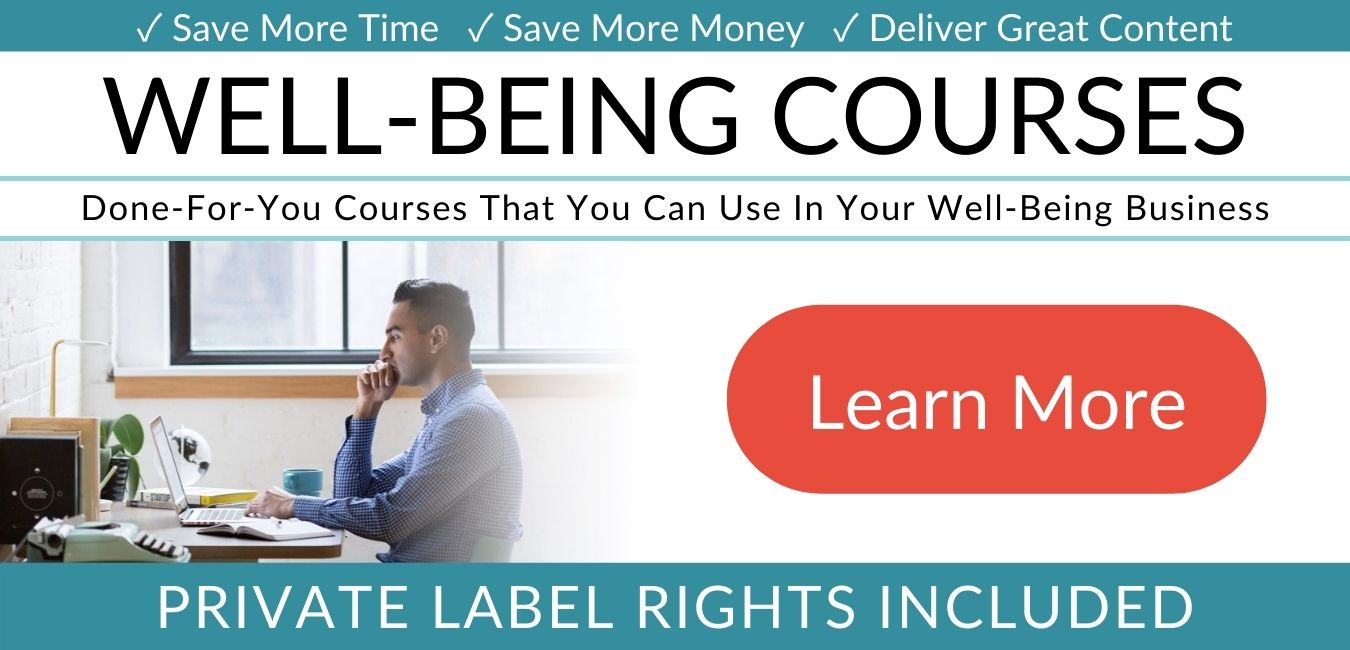Self-Confidence: Definition, Affirmations, and Tips for Gaining ConfidenceWant to be more confident? Learn what confidence is, how to do confidence affirmations, and science-based strategies to build your self-confidence.
*This page may include affiliate links; that means I earn from qualifying purchases of products.
Are you seeking some self-confidence? Self-confidence can help us more easily reach our goals, stay motivated, and even boost our well-being.
In this article, we'll define self-confidence, help you understand your current level of self-confidence, clarify the difference between self-confidence and self-esteem, and help you build your self-confidence. Plus, you'll discover some upsides of low self-confidence and a few self-confidence quotes. Before we dive in, we thought you might want some well-being-boosting freebies. If you're seeking greater well-being, get your free personalized report when you take our well-being quiz. And for our well-being entrepreneurs, coaches, and consultants? Download our Wellness Business Growth eBook to get expert tips, tools, and resources to make a bigger impact and grow your business fast. Are You a Therapist, Coach, or Wellness Entrepreneur?
Grab Our Free eBook to Learn How to
|
Are You a Therapist, Coach, or Wellness Entrepreneur?
Grab Our Free eBook to Learn How to Grow Your Wellness Business Fast! |
Terms, Privacy & Affiliate Disclosure | Contact | FAQs
* The Berkeley Well-Being Institute. LLC is not affiliated with UC Berkeley.
Copyright © 2024, The Berkeley Well-Being Institute, LLC
* The Berkeley Well-Being Institute. LLC is not affiliated with UC Berkeley.
Copyright © 2024, The Berkeley Well-Being Institute, LLC




